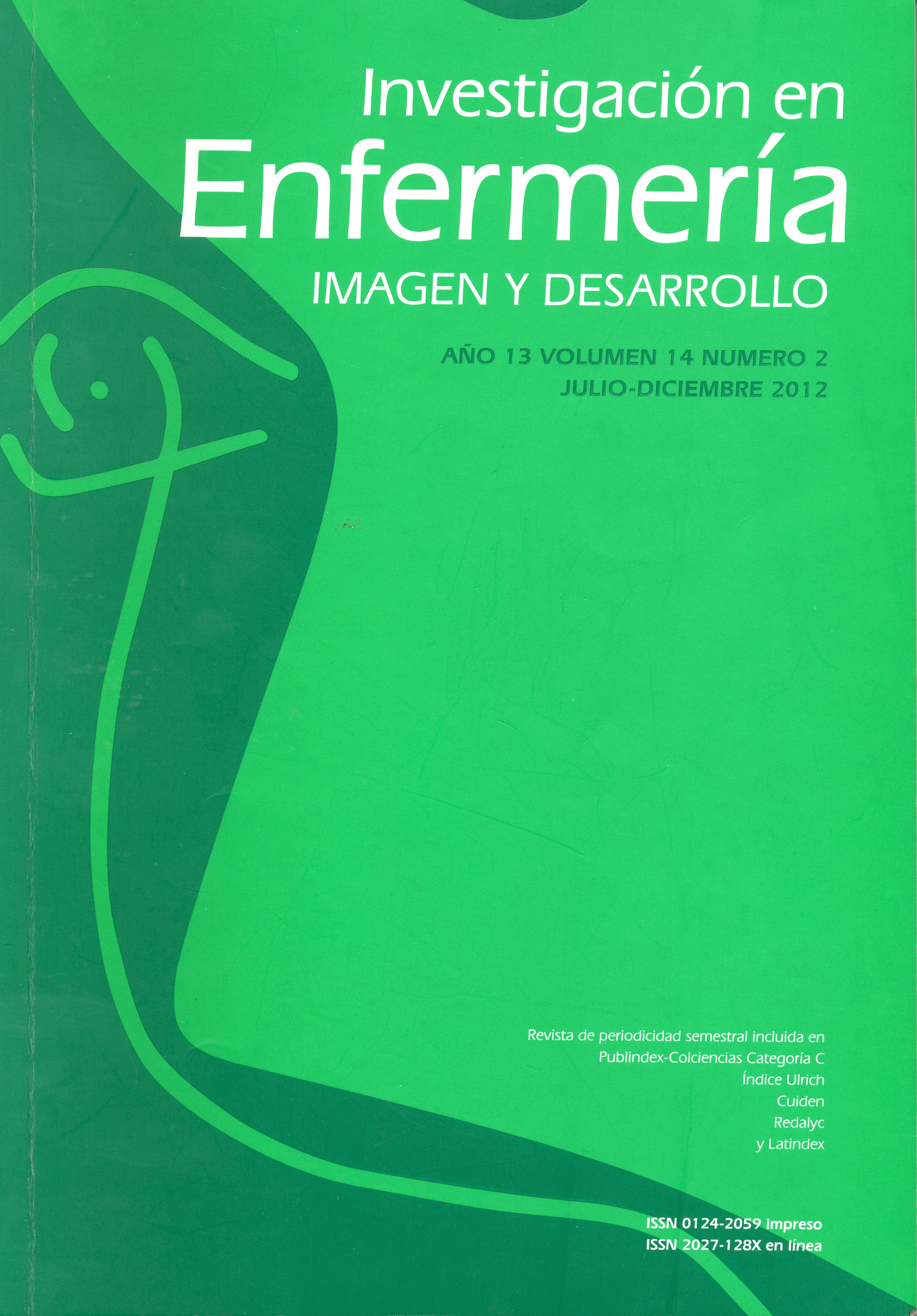Resumen
The purpose of this article is to highlight the importance of developing different research which, beyond the description of the different practices and knowledge of the indigenous communities, reveal the inequalities and social injustices that they live in.
The argument is based on three moments of research: a qualitative study conducted during 1992 and 1993 with the indigenous peoples of Colombia from different regions of the country. A documentary research on health carried out in Colombia from 1935 to 1996, with the indigenous and Afro-Colombian population, and a review of the recent research on the health of the indigenous peoples from Colombia. The first part of the article presents a review of the concepts of social justice and equity, within the context of the Declaration of Alma-Ata and the framework of the social determinants of health. Then, an analysis of the situation of the indigenous peoples in Colombia is made -from the research on their health-, and five critical issues between indigenous health and equity are taken into account: land: property, violence and forced migration.
Resources and Environment: poverty and possessions. Power: self determination, abuse and dependence. Identity: discrimination and recognition. Health status: tradition and modernity. I intend to analyze the Colombian case in order to provide elements to the understanding of the health problems of the indigenous peoples in other contexts. The article concludes with some recommendations on global and local actions in indigenous health.
RESUMEN
El propósito de este artículo es resaltar la importancia de desarrollar investigaciones que, yendo más allá de describir las diversas prácticas y conocimientos de las comunidades indígenas, revelen las inequidades e injusticias sociales que ellos viven. La argumentación se basa en tres momentos investigativos: un estudio cualitativo realizado durante 1992 y 1993 con indígenas colombianos en diferentes regiones del país; una investigación documental sobre investigaciones en salud realizadas en Colombia de 1935 a 1996, con poblaciones indígenas y afrocolombianas, y una revisión de la
investigación reciente sobre la salud de los indígenas colombianos. En la primera parte del artículo se plantea una revisión de los conceptos de justicia social y equidad en el contexto de la Declaración de Alma Ata y del marco de los determinantes sociales de la salud. A continuación se analiza la situación de los indígenas en Colombia en la investigación realizada sobre la salud de los pueblos indígenas en Colombia y en cinco problemas críticos en la relación entre salud indígena y equidad: la tierra: propiedad, violencia y migración forzada; recursos y medio ambiente: pobreza y posesiones; poder: autodeterminación, abuso y dependencia; identidad: discriminación y reconocimiento; situación de salud: tradición y modernidad. Mi intención al analizar el caso colombiano es dar elementos para la comprensión de los problemas de salud de poblaciones indígenas en otros contextos. Se concluye con algunas recomendaciones sobre acciones globales y locales en salud indígena.
La revista Investigación en Enfermería. Imagen y Desarrollo se encuentra registrada bajo la licencia Creative Commons Reconocimiento 4.0 Internacional. Por lo tanto, esta obra se puede reproducir, distribuir y comunicar públicamente en formato digital, siempre que se reconozca el nombre de los autores y a la Pontificia Universidad Javeriana. Se permite citar, adaptar, transformar, autoarchivar, republicar y crear a partir del material, para cualquier finalidad (incluso comercial), siempre que se reconozca adecuadamente la autoría, se proporcione un enlace a la obra original y se indique si se han realizado cambios. La Pontificia Universidad Javeriana no retiene los derechos sobre las obras publicadas y los contenidos son responsabilidad exclusiva de los autores, quienes conservan sus derechos morales, intelectuales, de privacidad y publicidad.
El aval sobre la intervención de la obra (revisión, corrección de estilo, traducción, diagramación) y su posterior divulgación se otorga mediante una licencia de uso y no a través de una cesión de derechos, lo que representa que la revista y la Pontificia Universidad Javeriana se eximen de cualquier responsabilidad que se pueda derivar de una mala práctica ética por parte de los autores. En consecuencia de la protección brindada por la licencia de uso, la revista no se encuentra en la obligación de publicar retractaciones o modificar la información ya publicada, a no ser que la errata surja del proceso de gestión editorial. La publicación de contenidos en esta revista no representa regalías para los contribuyentes.


